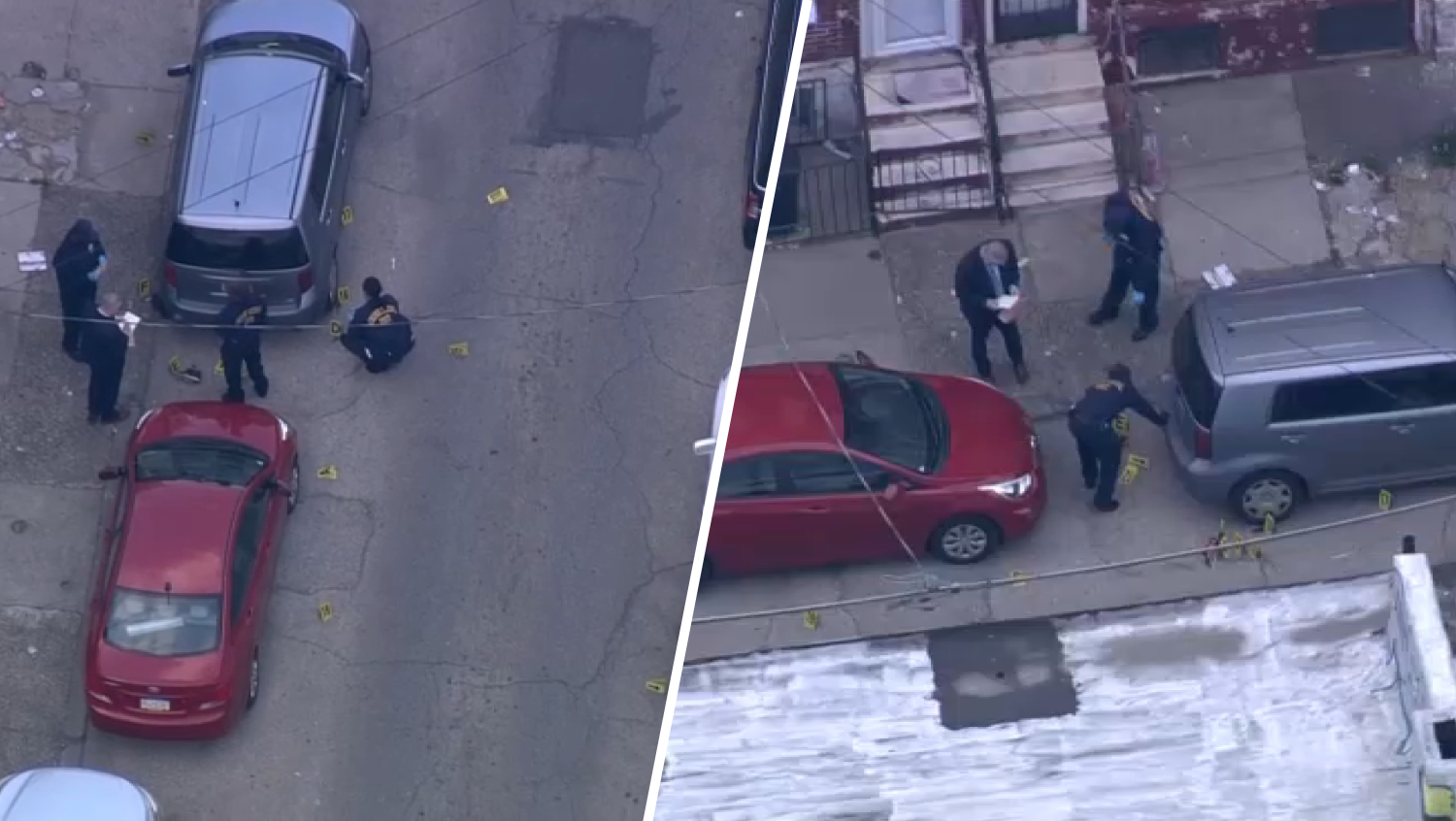Years of hard work is finally paying for groups working towards transforming blight in Philadelphia.
A newly created land bank will make it easier to manage, sell and rehabilitate thousands of vacant properties that have become community eyesores, tax liabilities and magnets for crime, Philadelphia officials said Monday.
Mayor Michael Nutter signed an ordinance establishing a public authority responsible for overseeing about 40,000 empty parcels citywide. About 75 percent are privately owned, while the rest are spread among several city departments.
The current patchwork of ownership and hodgepodge of agency regulations has frustrated and discouraged builders seeking to redevelop the land. By consolidating property management in a land bank, officials hope to streamline acquisitions, speed reuse and reduce blight.
"I believe that this will be the game-changer we need in our neighborhoods," Councilwoman Maria Quinones-Sanchez said at the bill signing ceremony.
"I am pleased to see Philadelphia take this historic step forward and grateful for our partners in the Land Bank Alliance for collaborating with City Council on this legislation," said City Council President Darrell Clarke. "...Getting vacant properties back online and contributing to the economy is so important to taxpayer fairness in Philadelphia as well as to our public schools."
The land bank still needs a budget appropriation for staffing and acquiring tax delinquent properties; officials also must appoint a board of directors and transfer properties into its control. Nutter said he expects the agency to be fully operating by the end of the year.
Local
Breaking news and the stories that matter to your neighborhood.
It can't come soon enough for Majeedah Rashid, who heads a community development organization in the city's Nicetown section. Her group once sought to acquire three parcels for rehabilitation under the old system, but she said "some kind of twisted rigamarole" left the deal in limbo so long that they lost one parcel to a sheriff's sale.
"It scared the heck out of us," Rashid said.
Philadelphia now joins more than 100 other communities nationwide with land banks, according to Washington-based Center for Community Progress.
The legislation, which took years to reach the mayor's desk, was backed by a coalition that includes neighborhood groups, private developers, real estate agents and small business owners.
The Philly Land Bank Alliance found that previous regulations were so cumbersome that city agencies only sold about 1 percent of their parcels annually. It also led to "gap-toothed" development because investors often couldn't buy contiguous properties, said Alliance spokesman Rick Sauer.
“You want to make it easier for responsible owners to put (land) back into use,” Philadelphia Association of Community Development Corporations Executive Director Rick Sauer said back in April as the bill was being discussed in City Council.
Sauer and other supporters acknowledge the final bill was a compromise. Kevin Gillen, an urban economist at the University of Pennsylvania's Fels School of Government, said Philadelphia's new system won't be as efficient as those in other cities.
But he agreed that it represents progress.
"I would have liked for the land bank to be a giant leap forward, but instead it's just a significant step forward," Gillen said.
A 2000 Brookings study found that the drain goes beyond just the vacant properties. A home within 150 feet of an abandoned home loses an estimated $7,600 in value.
“The benefit is that it allows the city to really articulate a redevelopment strategy,” Sanchez said.



